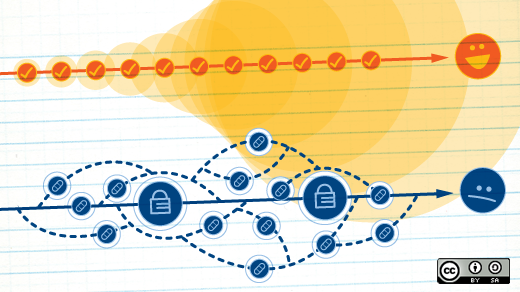In the fallout of the controversial net neutrality order approved by the FCC today, they extend what at least on the surface appears to be an olive branch towards openness: the Open Internet Apps Challenge on challenge.gov.
The challenge was launched with today's order approval and saying this about openness:
The term “open Internet” describes the Internet as we know it—an open platform, that enables consumer choice, freedom of expression, competition, user control, and the freedom to innovate without permission. On the open Internet, end users can communicate freely with others, send and receive information of their choice, and develop and use applications and services of their choosing. On December 21, 2010, the FCC adopted high-level rules of the road for broadband providers to ensure that the Internet’s openness is preserved.
The FCC is challenging developers to create tools for users to see realtime data about their broadband connections, which when aggregated would also show trends across the Internet. The overarching request is to "empower consumers to monitor and protect Internet openness."
Similar apps already exists. What the FCC says they're looking for are more effective tools that help users understand their broadband services in the context of open Internet principles, e.g. throttling traffic or otherwise interfering.
In a subsection of the challenge, the FCC is also seeking research analyzing open Internet measurement, which they say can "improve policy making and advance Internet transparency."
Winners will be invited to FCC headquarters in Washington, DC for a reception and presentation of their work.
It's hard to tell without being able to read the order approved today what this might mean in relationship to it. The FCC seems to be sending mixed messages about its true stance and abilities regarding an open Internet and network neutrality. This open challenge certainly appears to be on the right side.







2 Comments